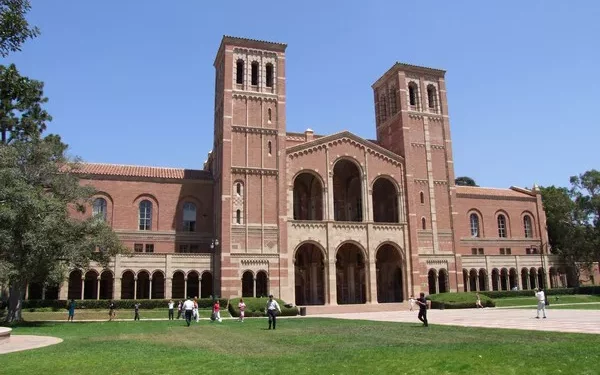International students who come to the United States to study may be able to work in the country, but there are specific regulations and requirements they must follow. In this article, we’ll explore the ways in which international students can work in the U.S. while studying.
- On-Campus Employment:
International students holding an F-1 visa are eligible to work on-campus up to 20 hours per week during the school term and up to 40 hours per week during school breaks. On-campus jobs can include positions in the library, bookstore, or campus offices.
- Off-Campus Employment:
Students can also work off-campus if they receive authorization from the U.S. Citizenship and Immigration Services (USCIS). The two types of off-campus employment options available for international students include Curricular Practical Training (CPT) and Optional Practical Training (OPT).
- Curricular Practical Training (CPT):
CPT is an off-campus employment opportunity available to F-1 visa students who need to participate in an internship or cooperative education program as part of their degree program. CPT work must be related to the student’s field of study and must be approved by the student’s school and the USCIS.
- Optional Practical Training (OPT):
OPT is an off-campus employment opportunity that allows students to work in their field of study for up to 12 months after completing their degree. STEM degree holders may qualify for a 24-month extension of OPT. Students must apply for and receive approval for OPT before they can begin working.
- Economic Hardship Employment:
In case of unforeseen financial difficulties, international students can apply for employment authorization for up to 20 hours per week, while school is in session, and full-time during breaks. The employment must not interfere with their studies.
- Internship Programs:
Many universities offer international students internships through their career centers, which can provide valuable work experience and help students build their networks.
It’s important for international students to work with their university’s international student office to understand the regulations and requirements for working in the United States. Additionally, students should make sure they are in good standing academically and have the necessary visa status to work. With careful planning and preparation, international students can gain valuable work experience while studying in the United States.




















